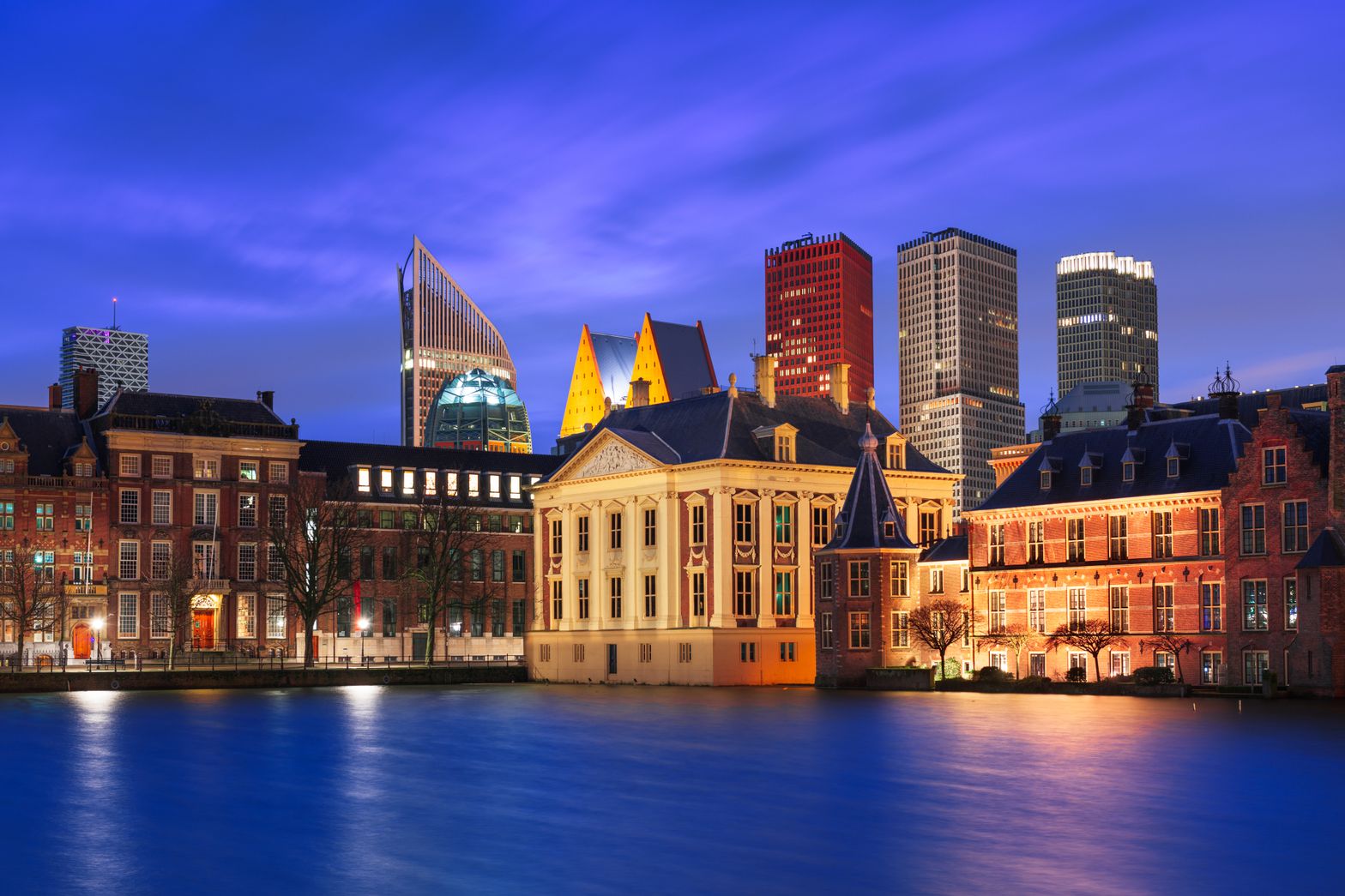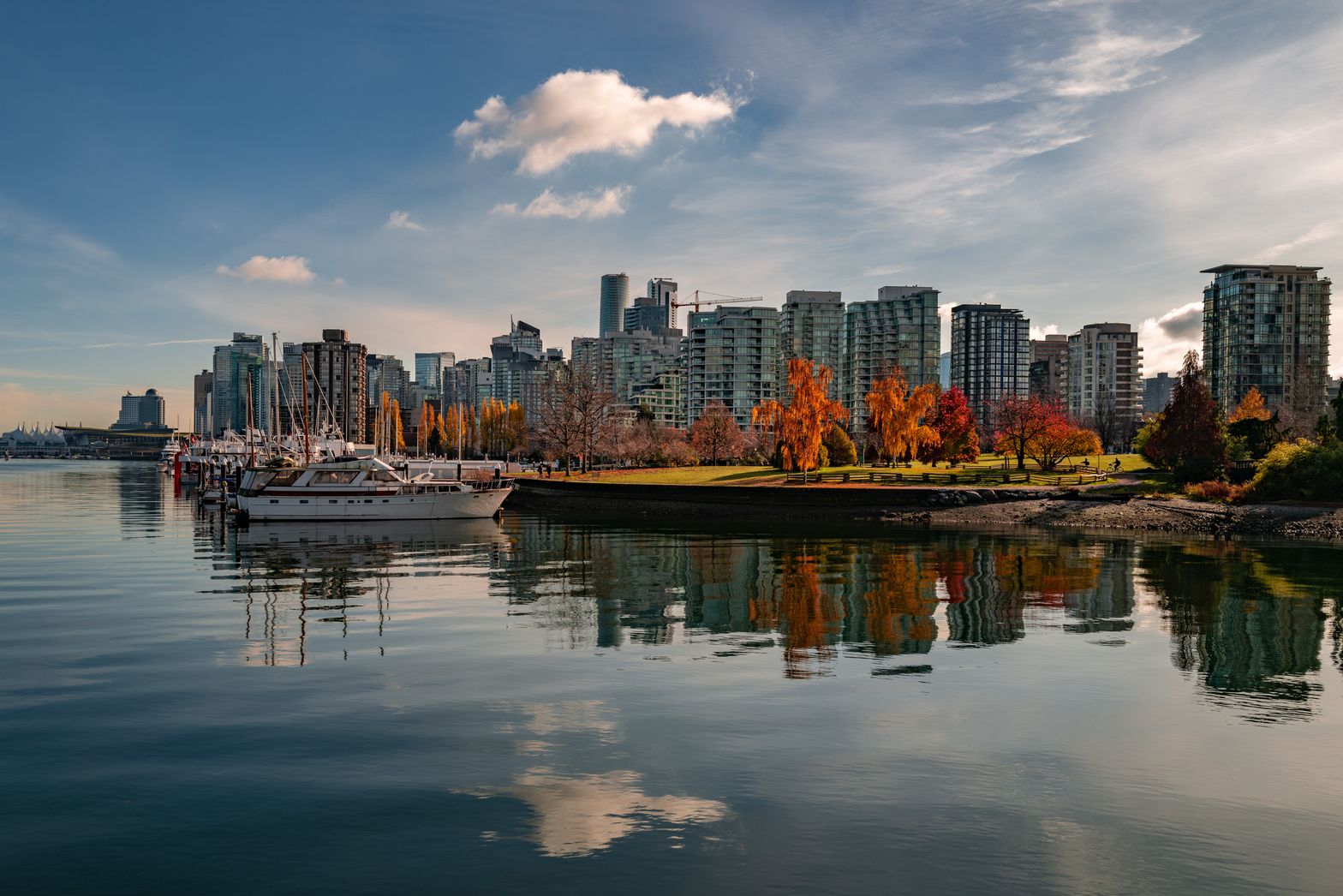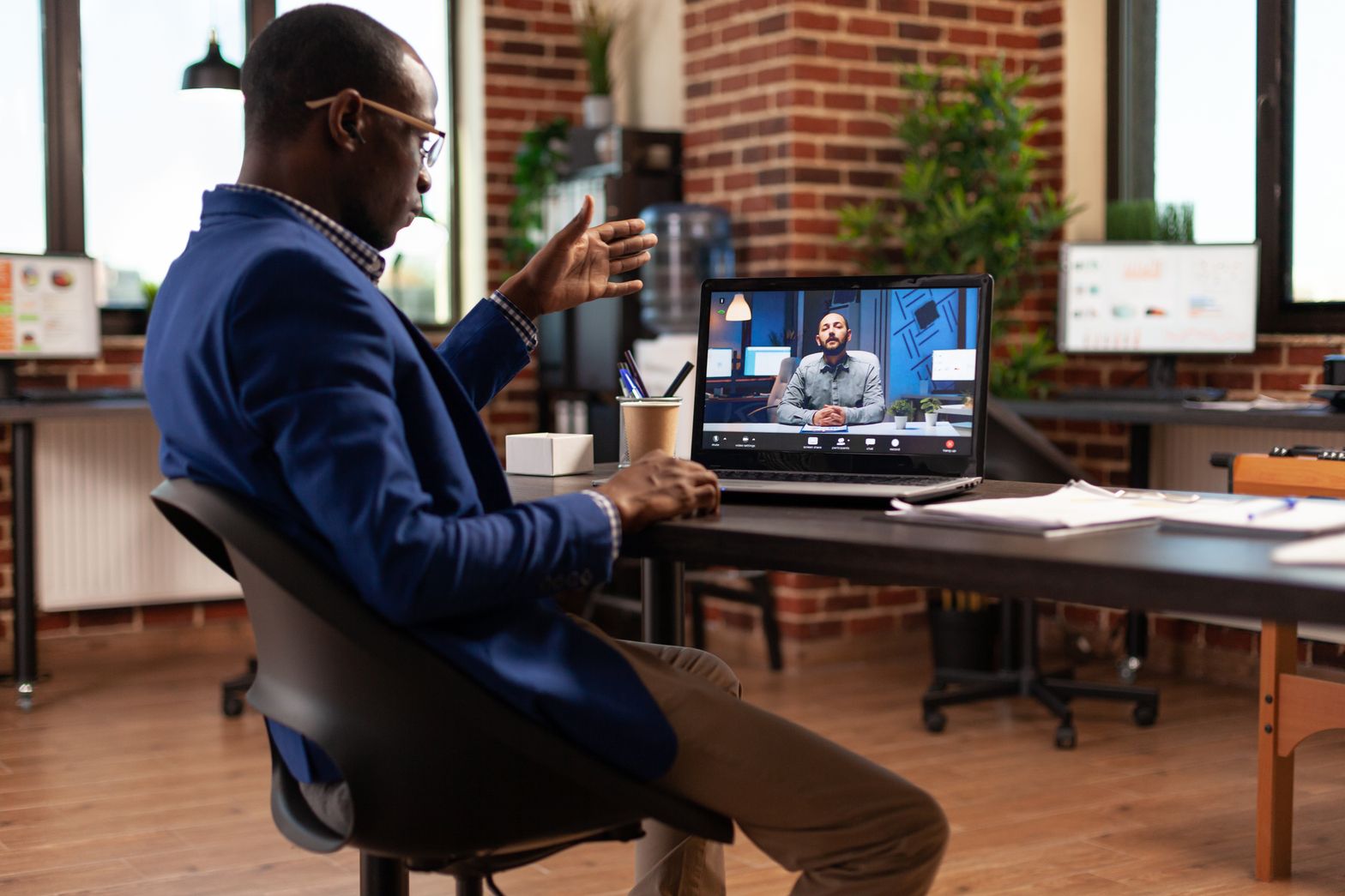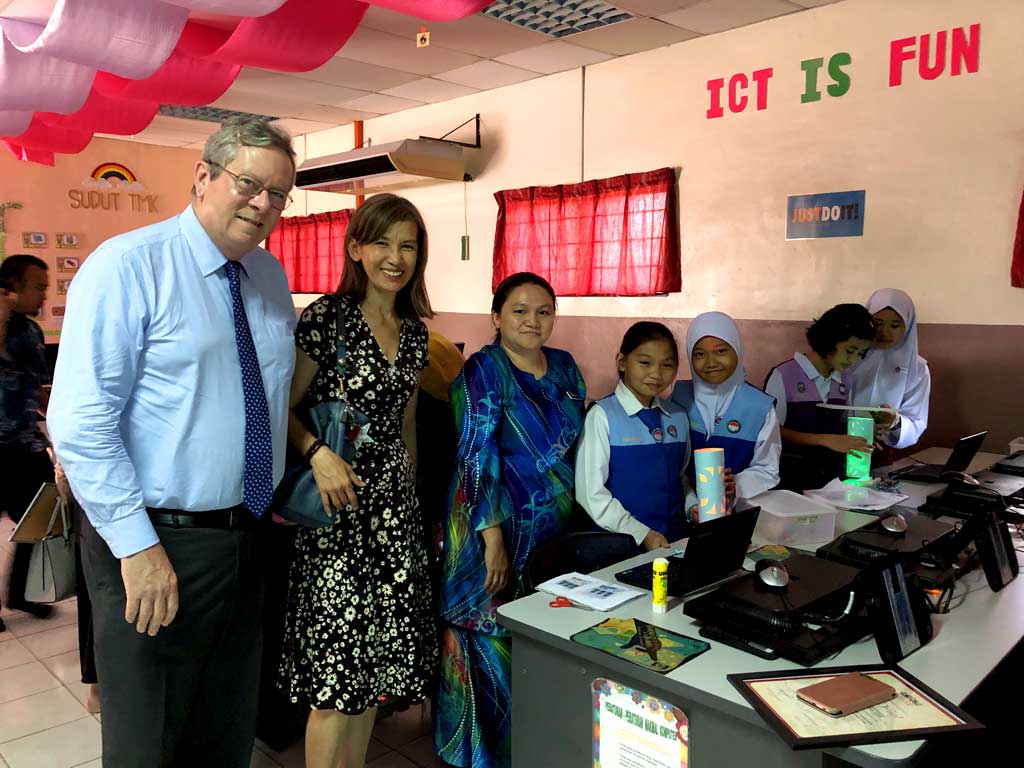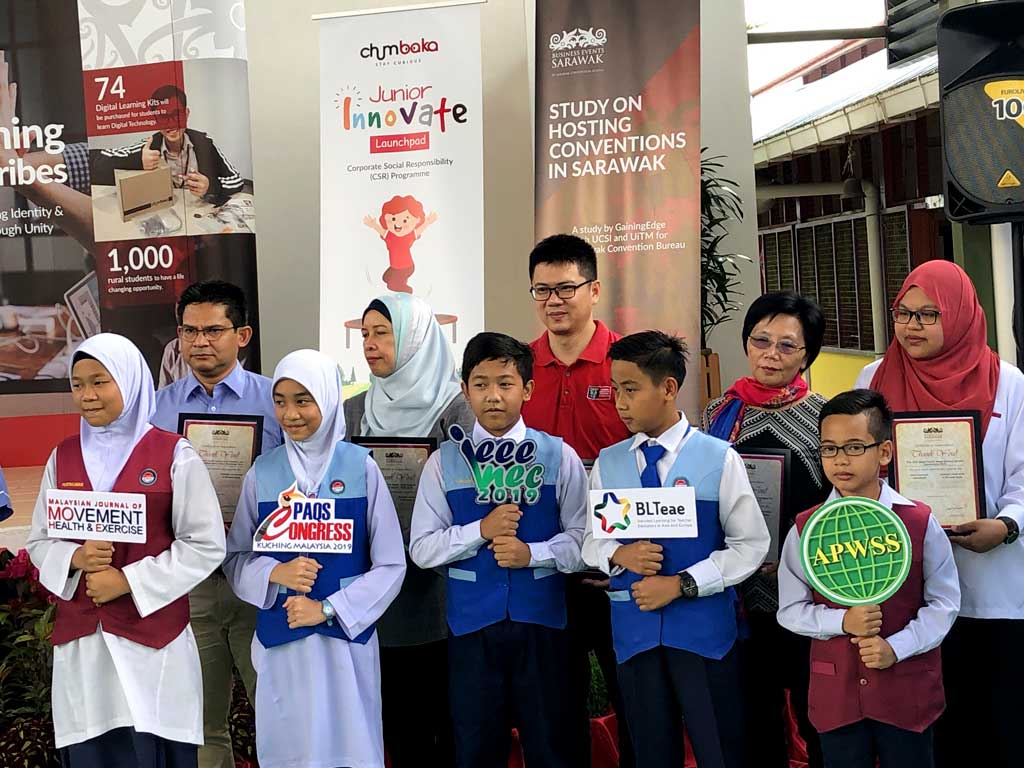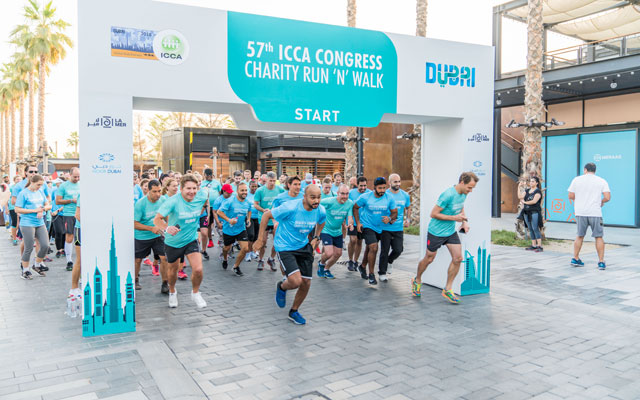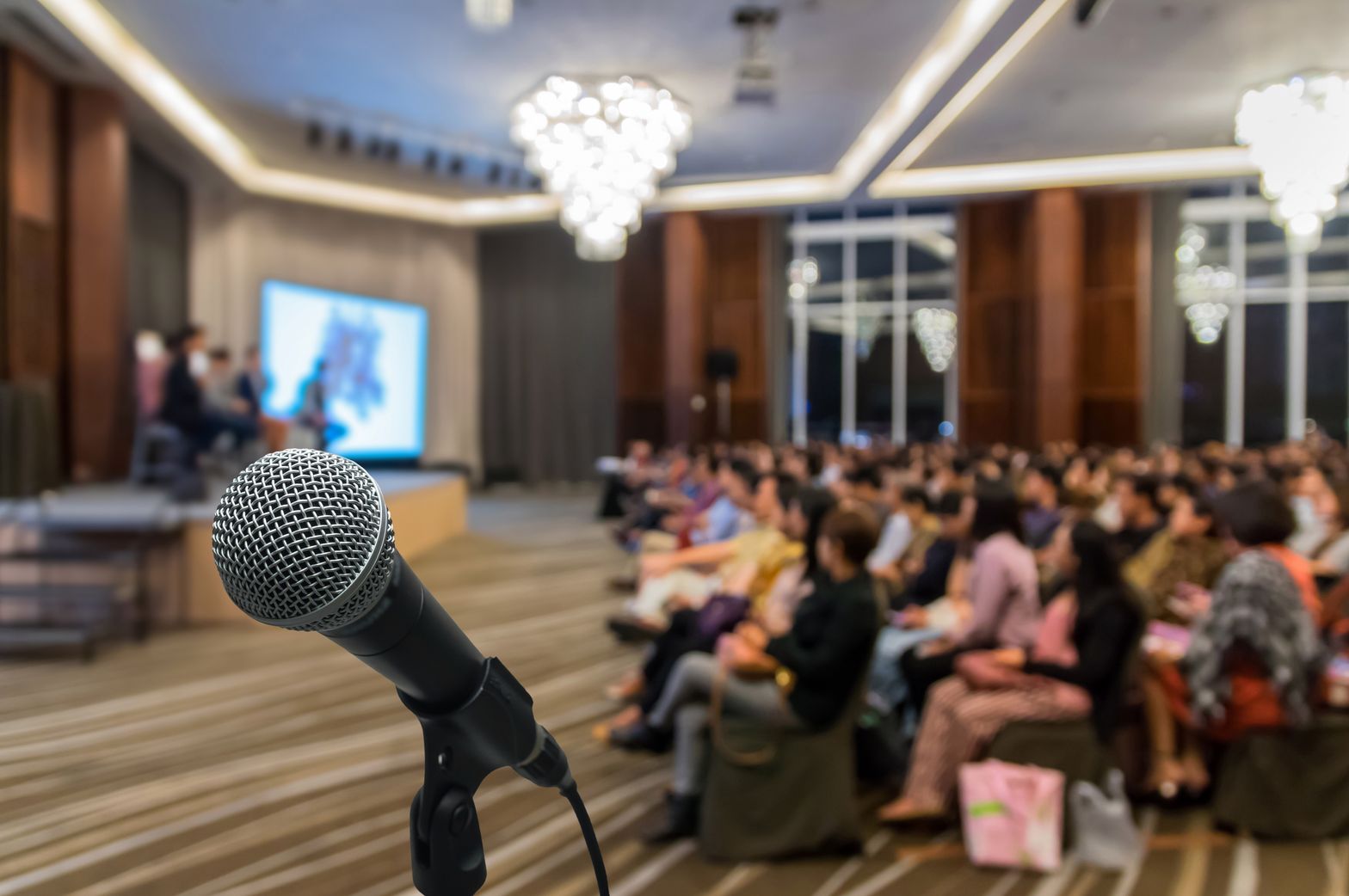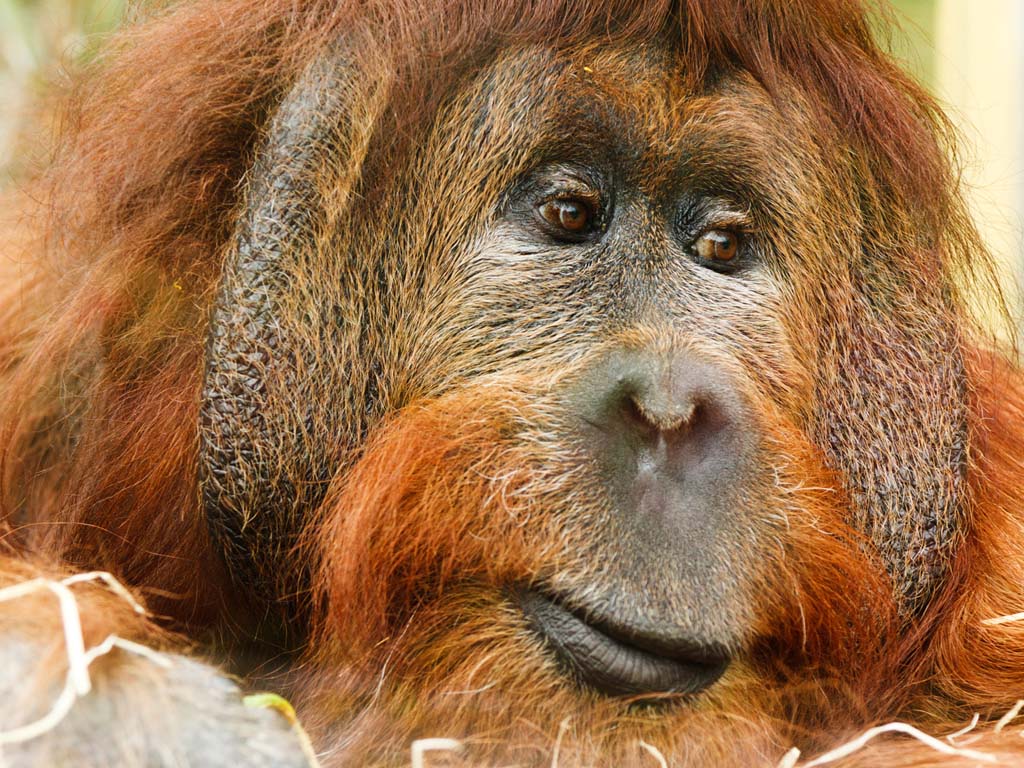REGIONS
ASIA
Korea Plans for Asian roadshows after COVID-19 crisis
Source: Edited excerpt from Korea Convention Bureau
Date: 12 March 2020
Despite setbacks from the COVID-19 crisis, the Korea Tourism Organization (KTO) MICE Bureau prepares to organise a series of roadshows across Asia to promote Korea’s appeal as a corporate meetings and incentives destination as part of the country’s recovery plan.
Seoul rolls out enhanced MICE support programme
Source: Edited excerpt from BEAsia
Date: 15 March 2020
Seoul Convention Bureau (SCB) enhanced its PLUS SEOUL programme with additional support initiatives to boost MICE recovery efforts.
- Support more MICE events;
- Increase financial support with more flexible criteria (lower min number of participants);
- Events that have not been cancelled but instead postponed to a later part of 2020 will receive additional financial aid (10%) from Seoul Metropolitan Government;
- Co-op marketing with other cities to encourage multi-destination events in Korea;
- Establishment of the Seoul MICE Support Center.
US$51 million for Hong Kong recovery effort
Source: Edited excerpt from TTGmice
Date: 17 March 2020
The Hong Kong Tourism Board (HKTB) will be pushing out a HK$400 million (US$51 million) trade support plan. The money will be used to:
- Subsidise event organisers to bid for large-scale conventions and exhibitions;
- Lower the threshold for applying funding support for small & medium-sized meetings and incentives;
- Waive the participation fees for relevant promotion activities organised by the HKTB in source markets; and
- Provide subsidies for related air tickets and hotel accommodation and new initiative with the hotel sector, MeetON@HongKong, to provide groups with free meeting packages or dining packages.
HKTDC launches digital initiatives to help industry SMEs
Source: Edited excerpt from MICE BTN
Date: 26 March 2020
The Hong Kong Trade Development Council (HKTDC) is offering a number of digital initiatives for industry SMEs including:
- A month-long Spring Virtual Expo beginning 1st April 2020 to establish contact with global buyers and to capture orders during the traditional peak sourcing season;
- HKTDC will promote this Expo through its 50 offices worldwide, including assisting with buyer invitations;
- Online-to-offline (O2O) promotion packages for companies to participate in physical exhibitions and conduct promotions through HKTDC’s online platform;
- Transformation Sandbox or ‘T-box’ which is a free SME support programme providing advisory service, networking, capacity-building and practical opportunities.
AUSTRALIA & NEW ZEALAND
Australia offers support for convention bureaus and business events industry through its EMDG scheme
Source: Edited excerpt from AACB
Date: 1 April 2020
The Australian Government will inject an extra AUD $49.8 million (USD $30.7 million) into the Export Market Development Grant (EMDG) scheme in the 2019-20 financial year. This is in addition to the AUD $60 million (USD $37 million) already committed.
According to The Association of Australian Convention Bureaux (AACB) a majority of their members are eligible as Approved Bodies under the scheme, as their role it is to attract international business events to Australia through marketing and bidding activities, reaching international markets and driving high yield visitation.
Expected entitlements will be paid in full. Applications lodged in the 2020-21 financial year can claim promotional expenses that have been impacted by COVID-19, such as tradeshow cancellations. These activities will be treated by Austrade as having taken place.
Eligible convention bureaux will be able to position these funds to recovery efforts.
EUROPE
EU Commission approves Danish compensation scheme for event organisers
Source: Edited excerpt from CIMBusinessEvents
Date: 26 March 2020
The European Commission has founded a DKK91 million ($22 million) Danish aid scheme to compensate organisers for the damage suffered due to the cancellation of large events with more than 1000 participants in line with EU State aid.
The Hague Business Agency (THBA) focuses on leads generation
Source: Edited excerpt from The Hague Convention Bureau
Date: 16 March 2020
In the coming period, the focus of THBA, among others, will be on leads generation through:
- Looking further into collaborations with the local service providers (lawyers, banks, etc.) to find more leads.
- Strengthening data research efforts in order to obtain more leads based on public sources.
AFRICA
South Africa National Convention Bureau Chief on “Postpone not cancel”
Source: Edited excerpt from SANCB Twitter Page
Date: 31 March 2020
South Africa Tourism Chief Conventions Bureau Officer, Amanda Kotze-Nhlapo in her “Postpone, not Cancel” message emphasizes that “Africa must have its turn. With rotation, if they cancel, they will move onto the next destination. It may take 10yrs to get an opportunity to host or bid. We must assist to find a new date.”
Rwanda focuses on “postpone not cancel” meetings
Source: Video excerpt from CNBC Africa
Date: 18 March 2020
The Rwanda Convention Bureau is working with event organizers and industry stakeholders to postpone and not cancel events. Some have already confirmed for the last quarter of 2020 and the first quarter of 2021. Rwanda had 20 meetings scheduled in March-April 2020.
OTHER
The Events Industry Council (EIC) provides template for government communications
Source: Edited excerpt from MeetingsNet
Date: 25 March 2020
To support its campaign, the EIC is providing a letter template for industry professionals to adapt and send to representatives in their government so that the right message about how the business events industry can assist in recovery is consistently used.
TOURISM RECOVERY SPENDING
Indonesia’s government earmarks US$21.5 million to lift the economy including tourism businesses
Source: Edited excerpt from TTGAsia
Date: 27 February 2020
Indonesia’s minister of finance Sri Mulyani Indrawati announced that the government has set aside a budget of 298.5 billion rupiah (US$21.5 million) to help stabilise Indonesia’s economy and pull tourism businesses through the economic slowdown.
Kenya has set aside KES 500 million (US$ 4.7 million) to help tourism sector recover
Source: Edited excerpt from DailyNation
Date: 12 March 2020
Kenya has set aside Sh500 million (US$ 4.7 million) to help the tourism sector recover from the effects of the coronavirus outbreak. Part of the funds will be used to restore destination confidence to ensure that Kenya remains a preferred travel destination globally. The rest will be used for the post-coronavirus recovery strategy in all Kenya’s key source markets.
Thailand returns USD42.4 million deposit to local tour businesses
Source: Edited excerpt from TTGAsia
Date: 23 March 2020
Thailand’s Tourism Ministry will be giving financial aid to local tour businesses by returning a combined 1.4 billion baht (US$42.4 million) of registration deposits to them. The ministry’s policy stipulates that each company will receive 50-70 per cent of the deposit back to help ease the economic burden created by the coronavirus pandemic.
South Africa’s USD11.5 million for tourism SMMEs
Source: Edited excerpt from VoyagesAfri
Date: 24 March 2020
Department of Tourism has made an additional R200 million (US$ 11.5 million) available to assist SMMEs (small, medium and microenterprises) with a turnover of under R2.5 million (US$ 144,214) in the tourism and hospitality sector who are under particular stress due to the new travel restrictions.
Singapore sets aside $90 mil to boost rebound
Source: Edited excerpt from The Edge Singapore
Date: 26 March 2020
The Singapore government will set aside SGD $90 million (USD $62.7 million) to help the tourism industry rebound strongly. This is part of the SGD $48 billion (USD $33.6 billion) Supplementary Budget to support workers and save jobs. Hotels, travel agencies, tourist attractions, cruise terminals and operators, as well as venue operators will get a total of 75% wage offset. The qualifying monthly wage ceiling will be raised to SGD $4,600 (USD $3,227), from the SGD $3,600 (USD $2510) previously announced in February.
WTTC call governments to safeguard tourism
Source: Edited excerpt from TTGmice
Date: 18 March 2020
The World Travel & Tourism Council (WTTC), has called on governments of all countries to take immediate action to help ensure the survival of the critical travel and tourism sector through:
- Financial help for the millions of workers in the sector.
- Extend vital, unlimited interest-free loans to global travel and tourism companies as well as the millions of small and medium sized businesses.
- Waive all government taxes, dues and financial demands on the travel sector with immediate effect at least for the next 12 months.
For more articles/news, please visit News & Resources.
Our summary of how destinations are responding to the COVID-19 outbreak. We hope this bulletin will help you in planning your own mitigation and recovery strategies.
